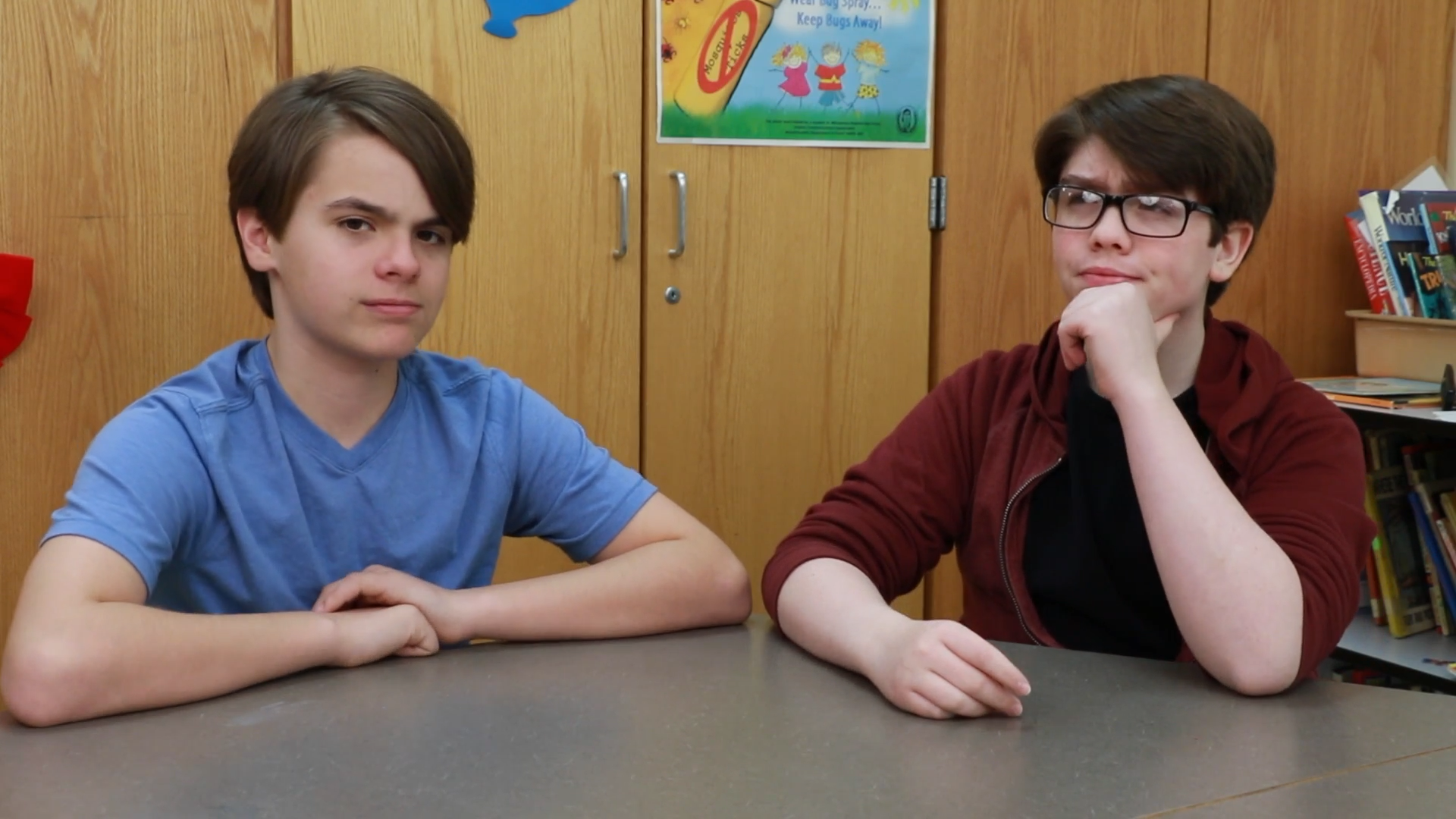
Introduction
In a world full of diverse perspectives, it’s essential for students to understand that everyone has their own thoughts and feelings, which form their opinions. In the context of special education, fostering an environment where students feel comfortable expressing their opinions and respecting those of others is crucial. This blog post will provide an overview of the importance of acknowledging and valuing different opinions, a no-prep activity for educators to use in the classroom, discussion questions to stimulate further conversation, and related skills for students to explore.
No-Prep Activity: The Opinion Shuffle
This activity requires no preparation or materials from the educator and helps students recognize that it’s okay for people to have different opinions. Here’s how it works:
- Have students form a circle and stand up.
- Explain that you will read a statement, and students should move to one side of the room if they agree with it or the other side if they disagree.
- Read a statement (e.g., “Pizza is the best food”) and allow students to move to their chosen side.
- Once students have chosen a side, ask them to share why they agree or disagree with the statement.
- Repeat the process with several different statements, encouraging students to respect each other’s opinions and listen to their classmates’ perspectives.
This activity helps students understand that it’s okay to have different opinions and that everyone’s thoughts and feelings are valid.
Discussion Questions
Use these questions to stimulate further discussions about the importance of respecting different opinions:
- Why is it important to respect other people’s opinions, even if we don’t agree with them?
- How can we show respect for someone else’s opinion when we’re having a conversation?
- What can we learn from listening to and considering the opinions of others?
- How might it feel when someone doesn’t respect your opinion or tries to change your mind?
- What strategies can we use to handle situations where others don’t respect our opinions?
Related Skills
Respecting different opinions is an important aspect of social-emotional learning. Here are some related skills for students to explore:
- Active listening: Paying attention to others when they speak and showing empathy towards their feelings and thoughts.
- Empathy: Understanding and sharing the feelings of others, even if you don’t share the same opinion.
- Conflict resolution: Learning how to handle disagreements in a respectful and constructive way.
- Assertiveness: Expressing your thoughts and feelings honestly and respectfully, without trying to change others’ opinions.
- Respecting diversity: Acknowledging and valuing the differences in people’s backgrounds, experiences, and perspectives.
Next Steps
Respecting different opinions is a vital skill for students to learn and practice. To help your students further develop this skill and explore other related skills, sign up for free samples of Everyday Speech materials. With these resources, you’ll be able to provide engaging and effective activities that foster an inclusive and respectful learning environment for your students.

